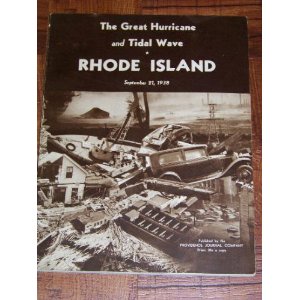Exhibit A: Ellen Greene performing "Somewhere That's Green" from Little Shop of Horrors. I cringe as I listen to her, but I can't stop watching. She is heartbreaking to behold. Every note, gesture and expression delineate the character she's playing. She is Acting The Song. Exhibit B: This lovely young lady is singing "Somewhere That's Green," at her school talent show. She's blessed with a healthy voice that's pleasant to hear. She's dressed in a charming outfit just right for her age, and she's performing with poise and grace. She is singing, but she is not Acting The Song-- Thank God she's not!
Isn't singing a song more important than acting it? Good singing is the fruit of good acting. Good acting demands that a performer understand the history of a song and a show, its characters, plot, and lyrics. Good acting communicates physical and vocal cues that reveal and underline a character's thoughts and emotions - her voice. Good acting heightens high notes, deepens sighs, lengthens fermatas and expands rests. Good acting also makes vocal performances more believable, as singers discover aspects of themselves in the character. (Can a pubescent middle school Gleek successfully mine the emotional core of a downtrodden, centerfold-shaped floral shop worker who's being abused by her sadistic dentist boyfriend? Lord, I hope not.)
And yet, good acting is something that we barely have time to cover in voice lesson and rehearsal. We have to focus on good technique, learning the notes, blocking the scenes, and following the spots. So, when you have a chance to delve into Acting the Song outside of recital or callbacks, you should take it. . .
Which leads me to my shameless plug: On October 27, I'm teaching a one-day course on Acting The Song at Courthouse Center For The Arts in West Kingston!
I taught a one-week version of this course at CCA last summer, including some wonderful resources from Tracey Moore. There were exercises, improvisations, character questionnaires, research assignments, free writing and coaching. Some students learned new music, some worked on their standard repertoire. Everyone improved concentration and focus, and their understanding of character, and yes - they just sounded better. The final performances were impressive. As soon as it was over we all knew we wanted to do it again! Contact the Courthouse now to reserve your spot: 401-782-1018 or kelly@courthousearts.org
In mid November I'll be back at CCA, teaching a two-day "Broadway History For Non-Dummies" course. . . but that's another post!


